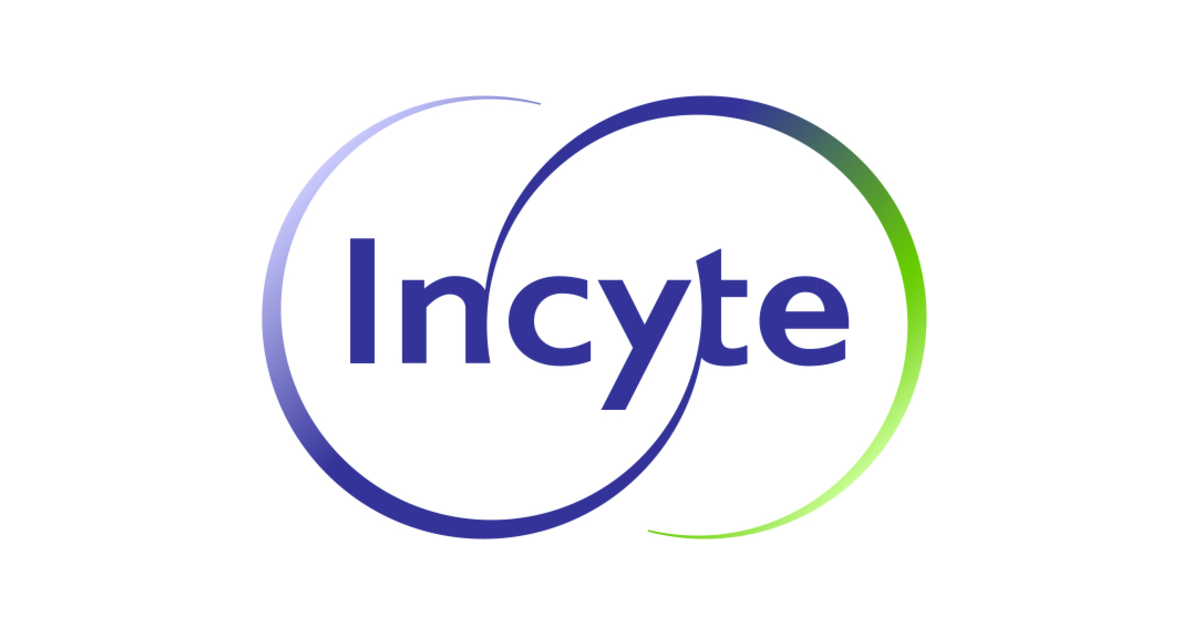For my last pharmacy rotation, I spent 5 weeks working with the Medical Information and Content Development (MICD) team at Incyte Corporation.
This was a wonderful experience!
Because I had previously completed two internships and one rotation within the pharmaceutical industry, I came into this block ready to hit the ground running. Below are the top 4 lessons I took away from this rotation:
1. Literature Searching Skills

An important function of the Medical Information department is responding to inquiries from healthcare providers (HCPs) and customers in an accurate, unbiased, and timely manner.
During my rotation, I had the chance to work on real-time questions that came in through the call center requesting information on Incyte-specific medications. This process generally involved the following steps:
- Once the inquiry had been entered into the system, my preceptor shared it with me along with any other relevant information needed to answer the question.
- I first searched through the internal repository of medical information response letters. Most companies save previously created responses in software tools that allow for document management, tracking, approval, and more (e.g., Veeva Vault). If the exact question being asked had already been addressed in the past, that document could be sent to the HCP after a quick revision. Otherwise, a new/custom letter needed to be created.
- I then performed a thorough search of the available literature. PubMed, MeSH terms, and Embase were important tools for finding relevant primary literature. Incyte’s cloud-based repositories were also extremely valuable.
- My findings were then entered into a product-specific template. This step required analytical skills when critiquing literature, medical writing skills when summarizing studies, and critical thinking when deciding if the information being provided is relevant to what the HCP was asking for.
It’s important to remember that these types of inquiries are unsolicited, meaning that they are initiated entirely by the customer/HCP.
Therefore, pharmaceutical companies should not provide additional information that was not specifically requested. This exercise was a great way to improve my literature searching skills and learn the best medical writing practices!
2. Content Development and Presentation Skills

As part of the experiential rotation, I was tasked with completing a journal club and a final presentation.
A major takeaway here was creating professional, scientifically accurate, and visually appealing PowerPoint slides.
For the journal club, I presented a phase I/II study on axatilimab for graft-versus-host disease. My final presentation was on bispecific antibodies for large B-cell lymphomas, and my goal was to create a comprehensive yet easy-to-follow presentation.
Through these projects, I found unique ways to create PowerPoint slides and improved my content creation skills!
Most importantly, I learned the value of representing clinical data accurately and fairly; portraying this information in an unbiased way is an essential skill in the Medical Information functional area.
In order to revise the slide decks and practice my delivery of the content, my preceptor and I completed trial runs of the presentations. This helped me feel more comfortable in that environment and allowed me to predict what questions might be asked during the actual Q&A sessions.
From public speaking classes during my undergraduate years to completing my capstone presentation in pharmacy school, I have had many opportunities to practice my presentation skills and style.
I strongly believe that even the best public speakers in the world still get nervous before a presentation; this feeling is only human!
Therefore, instead of fighting my nerves, I’ve learned to channel them into enthusiasm paired with proper breathing techniques. This comes with a lot of practice, but it will get easier if you consciously and intentionally use this approach.
I thoroughly enjoyed presenting my work to the MICD team and practicing these important skills.
3. Networking and Seeking New Opportunities

One of my favorite parts of this rotation was the ample opportunity to network.
I was able to meet with various industry professionals and learn about their roles and experiences. It was very interesting to see that everyone had a unique path into the pharmaceutical industry.
Importantly, some of these conversations led to being introduced to other people working in my areas of interest, including medical communications. Hearing about different journeys was inspirational and helped me envision my own career after graduation.
As part of the networking aspect of this rotation, I wanted to learn about pharmacovigilance from colleagues who worked out of a different campus.
So, I asked my preceptor and supervisor if I could visit the other building and they agreed!
The experience included an overview of Global Risk Management and Safety Surveillance, meeting pharmacists in the pharmacovigilance and clinical development departments, and being able to ask questions to further my understanding of this functional area.
I’m proud of myself for creating this unique opportunity and very grateful to my supervisors for supporting and encouraging my interests.
I also learned that people are more than willing to share their connections and further your professional development if you simply ask for help.
In the past, this was something I needed to work on since my upbringing focused on being independent and self-reliant. However, there is no shame in asking for assistance!
Being clear and confident about your interests can open so many doors and opportunities. I’m very grateful for the connections I made during my experience at Incyte and for the thoughtful support and guidance I received regarding my job search.
Now it’s time to put all that advice into practice!
4. Taking Responsibility for Your Own Learning

Another important concept I tried to put into practice was taking responsibility for my own learning.
This involves everything from asking questions, sharing ideas, and implementing feedback.
Throughout pharmacy school, I’ve realized that what you get out of an experience is directly linked to how much you put in. By being present and trying to maximize your time at a site, you can create unique experiences for yourself in addition to what the preceptor wants to accomplish.
Of course, this requires open dialogue with the supervisor(s) and being honest about your strengths, weaknesses, and interests.
For instance, after my journal club presentation, I received constructive feedback on how to better discuss clinical data for Phase I and Phase II trials. More specifically, that safety results should be presented before efficacy results because safety is the main concern in the early phases of a clinical program.
Therefore, when it was time to create my final presentation, I made sure to apply this feedback by emphasizing adverse events first.
Another example included taking on a challenging topic for my final project. My preceptor gave me three options including two disease states and bispecific antibodies.
Although an overview of a disease state would have required less research and may have been easier to complete, I chose to learn about the novel use of bispecifics because I was actually interested in these therapies.
As expected, a lot of time and research was needed to complete a thorough and well-structured presentation on this topic.
But it was well worth the effort; I can now say I’m able to create and deliver a 45-minute presentation on a science-heavy topic!

Overall, this was an amazing experience and I’m glad I decided to take on this opportunity for my last pharmacy rotation!
I’m grateful for my preceptor’s guidance and mentorship throughout the rotation and beyond. I have learned so much from her and her journey.
Below, you can read more about my preceptor and learn how to get in touch with her!
Megha Gandhi, PharmD

Title: Medical Information/Medical Affairs Fellow – Oncology and Inflammation & Autoimmunity
Biography:
Megha Gandhi obtained her Bachelor of Science in Biology and PharmD from The Ohio State University. She then went to pursue a Medical Information/Medical Affairs fellowship at Incyte in conjunction with Saint Joseph’s University Philadelphia College of Pharmacy.
In her current role, Megha supports the Medical Information and Medical Affairs team within the Oncology and Inflammation & Autoimmunity realm. She works with a cross-functional team to help communicate evidence-based, scientifically balanced information on the company’s products. She is inspired by the influence on outcomes from effective communication in healthcare.
In her spare time, you can find Megha trying new restaurants and at a Happy Hour in Philadelphia. She loves walking on trails and watching reality tv shows with her roommates to relax from the day.
Megha is passionate about giving back to students who are interested in the industry, and would love to share her experience with anyone who is interested. If you would like to connect with her via LinkedIn, please click here!

